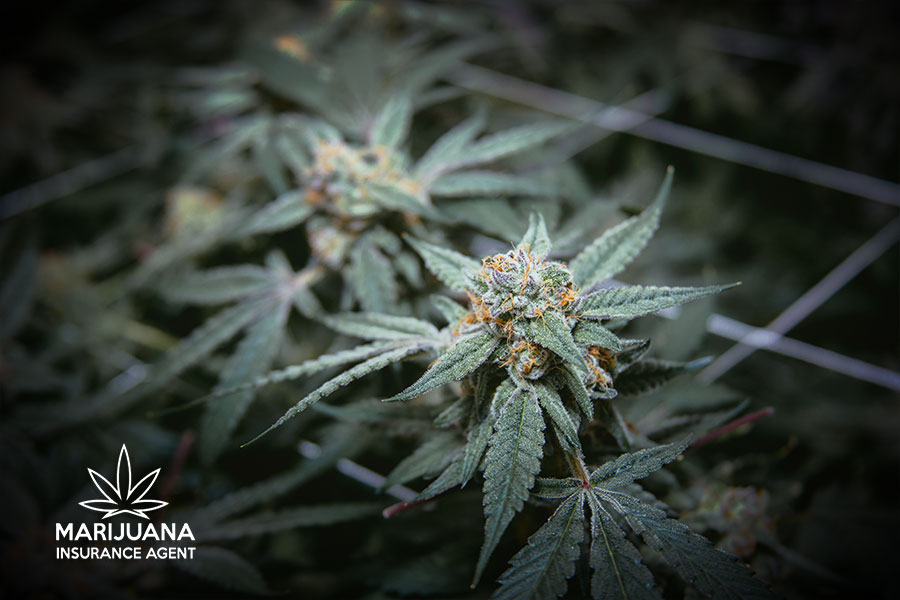The legal cannabis industry requires a massive investment in infrastructure. That includes security systems, alarms, cameras, controlled access points, and more. You would think that with all of the regulatory-related security required, cannabis businesses were protected against theft. That’s partially true. But what about an inside job? What about protecting your hemp crop?
There are ways for a business to recoup some of its losses in these scenarios. For starters, get the right insurance policy in place. Theft is always a concern for business owners. The same is valid for cannabis (both the THC and CBD “types,” i.e., marijuana and hemp). Let’s face it; cannabis continues to have a lucrative reputation in the black market, and who’s to stop an employee from making off with some product to sell to a buddy in the black market? How could you mitigate your losses?
Don’t kid yourself. This happens all the time. I would know; I managed several Tier II cannabis farms in Oregon. After harvest, right after the buds had time to cure a bit, we would get updates from other farms in our region; who had been broken into, who the suspects were, and what vehicles might have been involved, etc. It’s a real thing. Protect yourself and your assets. The very fact that this product can generate triple or quadruple the going market rate in states where it’s not legal yet means it’s a valuable commodity and a prime target for both petty and organized crime. Ensure that you insure.
In California, wholesale insurance brokers estimate that approximately 90% of theft claims involving a cannabis policy correlates in some way to an inside job. Who knows? This could easily be a licensed seasonal worker, acutely aware of the harvest date, the location of the material, and the security system’s surveillance points. The most vulnerable time for theft? Right before bulk material is transferred to a wholesaler. This is more common than you might think; now, cannabis insurance claims are dominated by theft-related issues.
One wholesale insurance broker tells a familiar story. Let’s set the stage. First, valuable items were stolen. In fact, the claim was related to over $1 million in product. How could this happen? Easy. The insured was upgrading their facility. The expensive equipment was in storage. The storage containers were locked and secured with an alarm. Security guards patrolled the property. The theft occurred when the guards were on break, and the thieves broke through a fence, cut the locks on the storage containers, and were out with over a million in product in less than ten minutes. Only those familiar with the security guards’ schedules and product location could have pulled that heist off.
Need another example?
Two cannabis businesses. Two different locations. One is a former bank, complete with vaults and security. The other is in your standard strip mall. Average location, internal, structural security unknown. Which site was robbed? Funny enough, in this case, it was the bank. But that’s not the point here. The fact is: do not be misled by perceived security. Get the right insurance policy and the right coverage for your business. This is worth spending some time on, too; you want to get reimbursed for your losses and made “whole” as much as possible. If someone loses six figures worth of product and it’s a total loss, that will hurt any business’s bottom line.
Hemp is not immune to theft, either. Because hemp is cannabis, it’s virtually impossible to tell the difference between heady weed and hemp without testing. That means that thieves won’t necessarily take the time to differentiate between the two before they run off with it. The takeaway? If you cultivate hemp, you should be insured, too. As a matter of fact, many hemp cultivators are opting to implement the same security measures that legal ganja farmers are.
Never, ever skimp on any available liability-mitigating measures in this industry. When push comes to shove, it’s those that approach their role in the industry with the available stopgaps that will come out ahead. Have a conversation with your insurer on the types of cannabis business insurance policies available to you, the coverage limits, and the policy provisions now. Your future might just thank you.

Leave A Comment